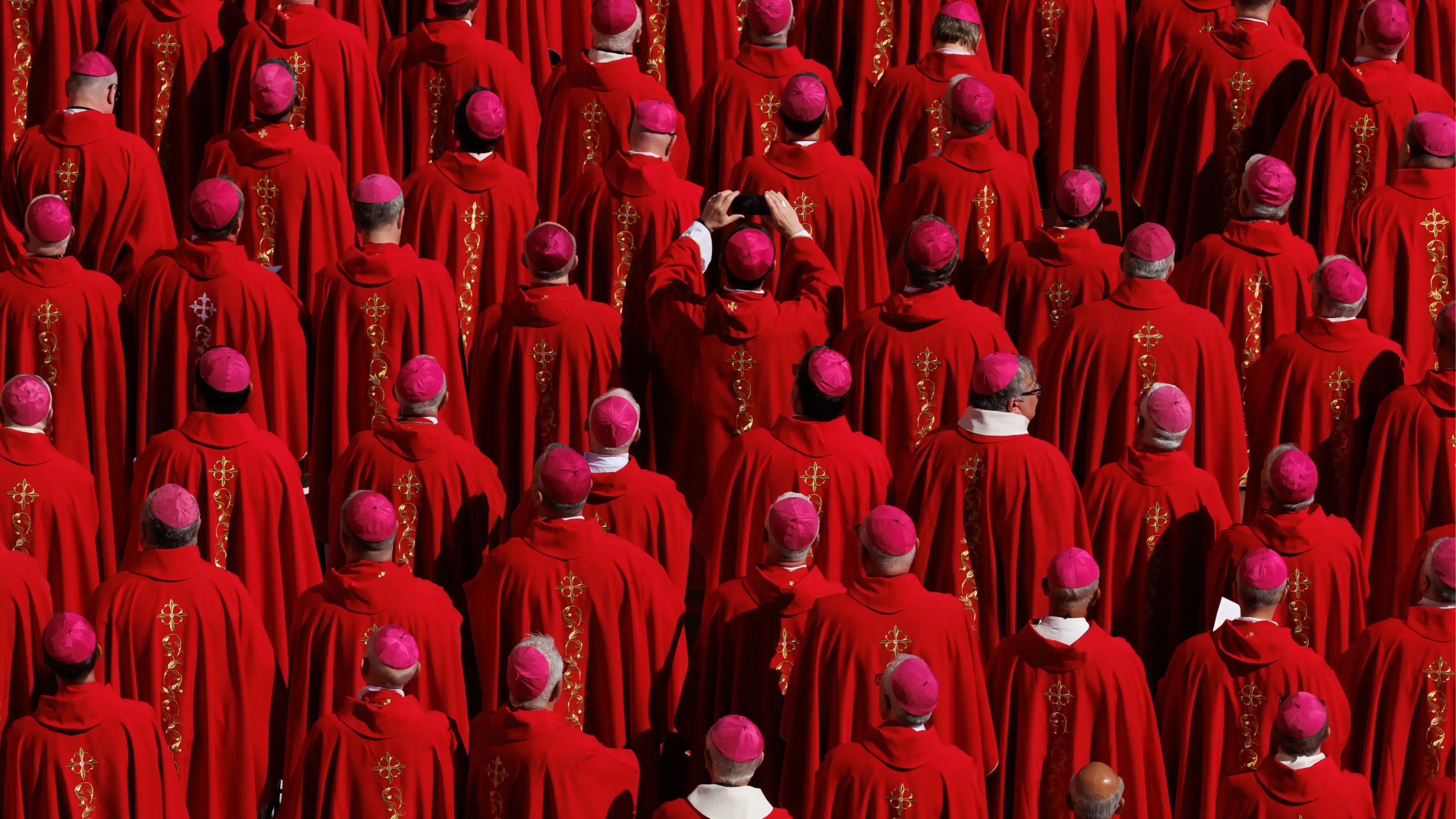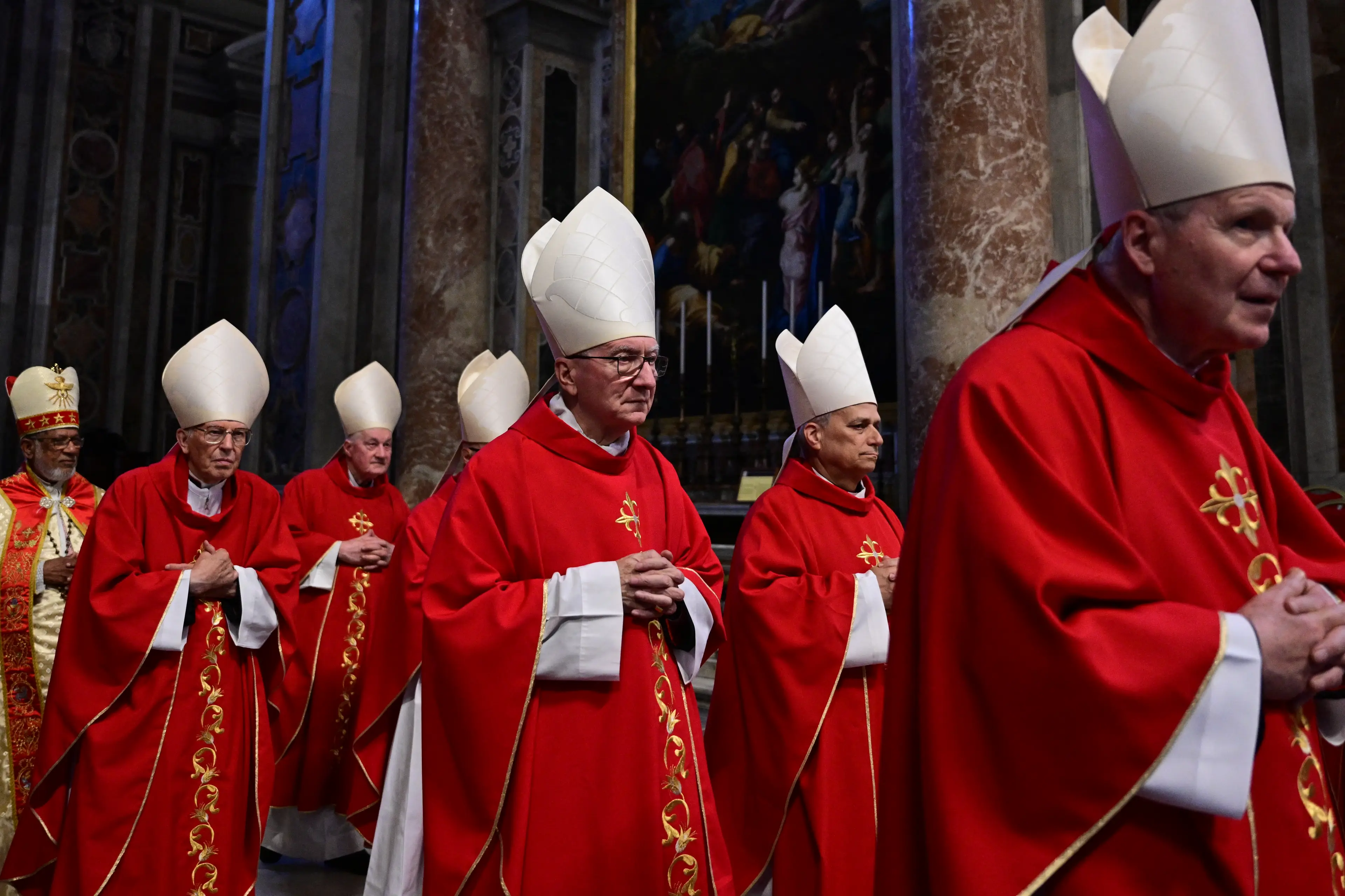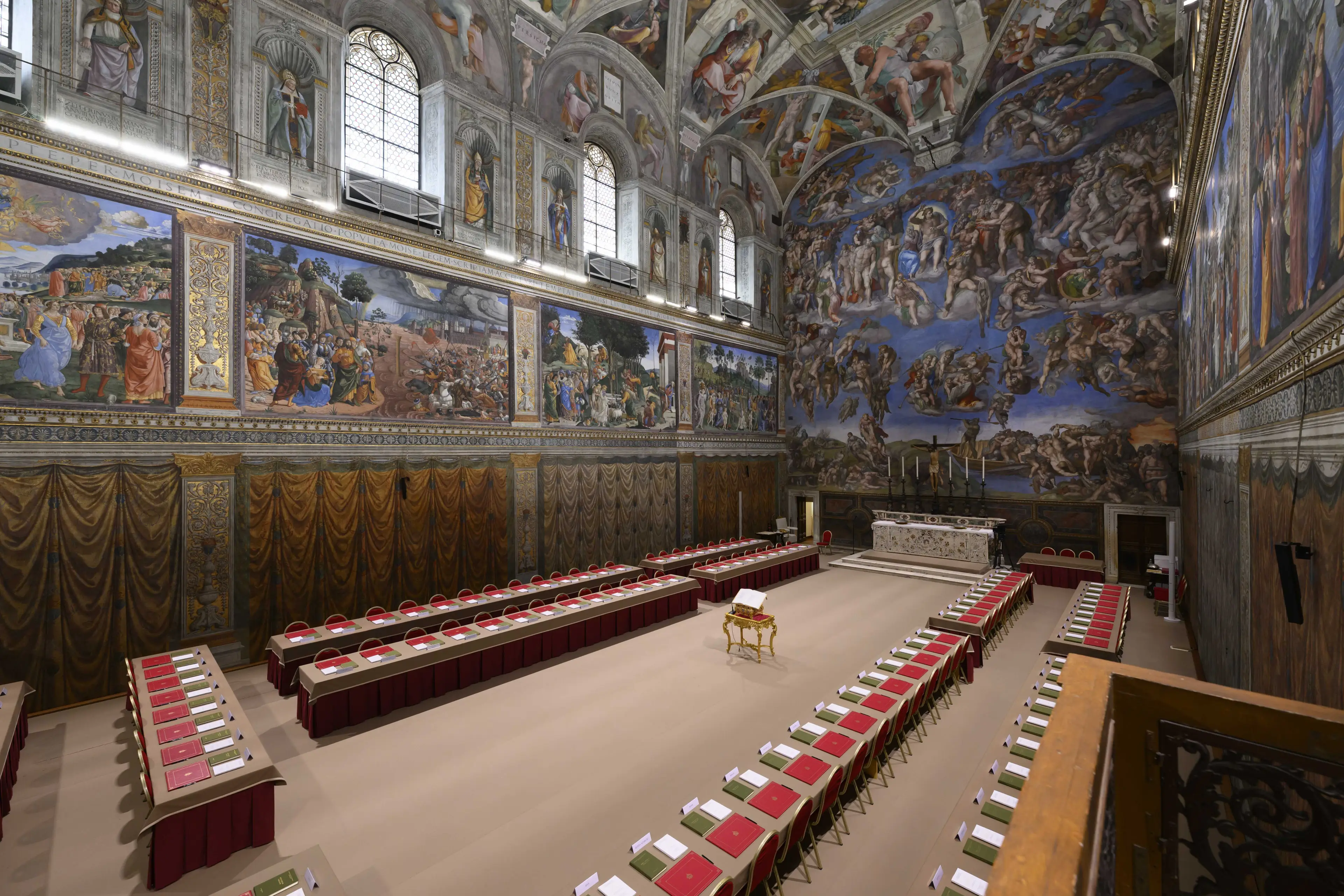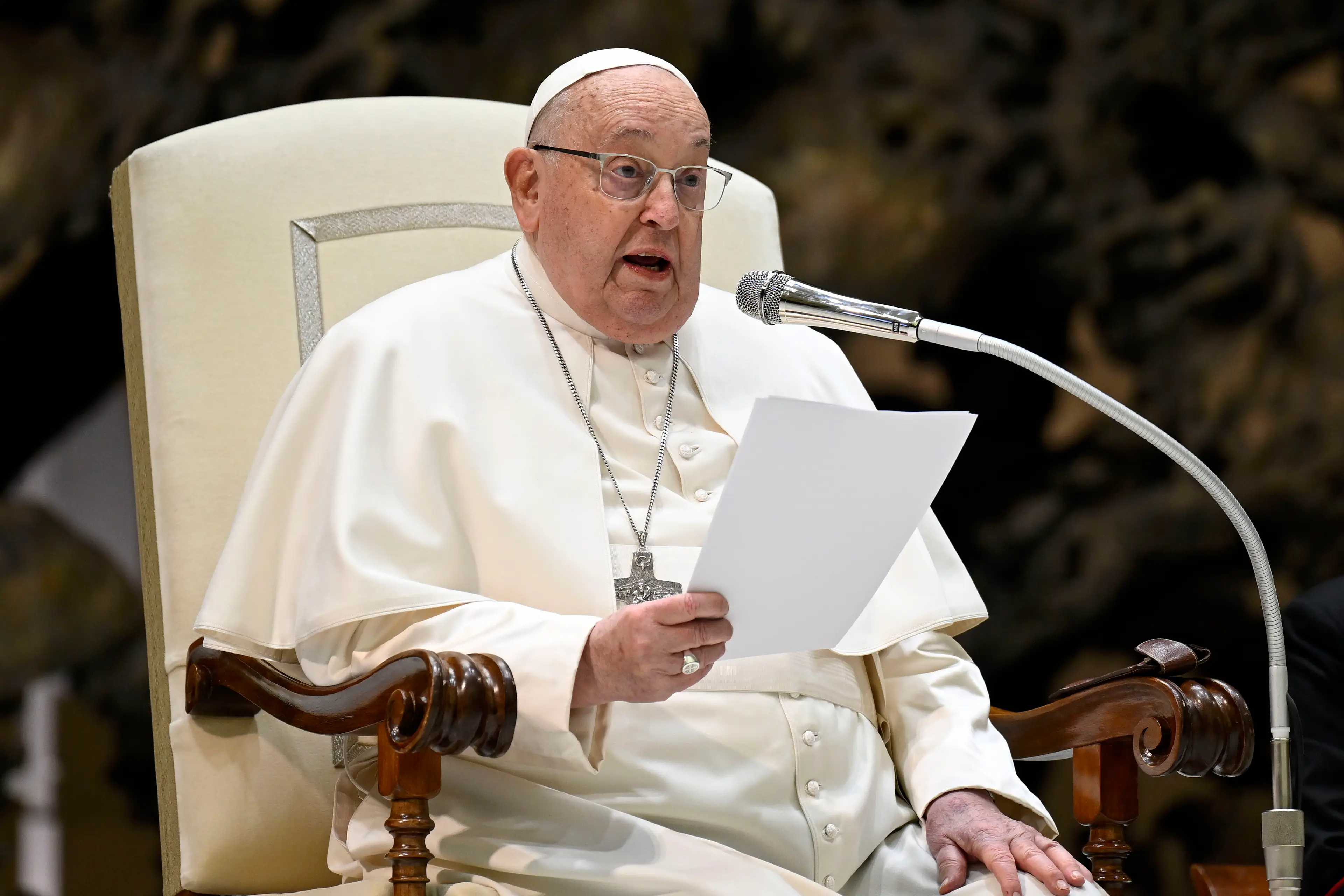
As the Catholic Church begins the sacred and secretive process of selecting a new pope today (7 May), all eyes are on the Sistine Chapel.
Cardinals from around the world have gathered in Vatican City for what’s known as the conclave to find a successor for the late Pope Francis, who died on 21 April this year - and despite what Donald Trump says, it won't be him.
During this time, the Church’s most senior officials are completely secluded from the outside world, eating, sleeping, and voting in near-total silence until a new spiritual leader is chosen.
It’s a solemn, high-stakes moment in Catholic history, and it comes with rules so strict that breaking them isn’t just frowned upon, but could lead to one of the Church’s most serious punishments.
Advert
What is the process to choose a new pope?
The conclave, from the Latin cum clave, meaning ‘with a key', is the process by which the College of Cardinals elects the next pope.
It’s also a 2024 movie with Ralph Fiennes and Stanley Tucci, whose viewership rose a whopping 283 percent on the day of the late Bishop of Rome's death, according to the Guardian.
The cardinals are housed inside the Casa Santa Marta guesthouse within the Vatican walls and vote inside the historic Sistine Chapel. They walk between the two or take a special Vatican shuttle bus.
Voting begins with one ballot on the first day, then four ballots each subsequent day - two in the morning and two in the afternoon.
The goal is to reach a two-thirds majority plus one (currently 89 votes) in order to elect a new pope.
If no consensus is reached after three days, voting is paused for a day of prayer and reflection before resuming.

What happens if cardinals break conclave rules?
The rules of the conclave are incredibly strict, and for good reason. Cardinals are completely cut off from external communication; no phones, no emails, no media.
Any attempt to interfere with the conclave, whether from inside or outside, carries a grave penalty.
Any cardinal or external party caught breaching conclave protocol - including leaking information or tampering with the process - could be excommunicated, meaning they would be formally excluded from participating in Church sacraments and services.
While no cardinal has been excommunicated due to this, there have been resignations in the past, most recently that of Cardinal Angelo Becciu, whose embezzlement conviction by the Vatican’s criminal court in 2023 made Pope Francis send him letters prior to his death advising him to step down.

Becciu released a statement through his lawyer, Fabio Viglione, which read: “Having at heart the good of the Church, which I have served and will continue to serve with fidelity and love, as well as to contribute to the communion and serenity of the conclave, I have decided to obey as I have always done the will of Pope Francis not to enter the conclave while remaining convinced of my innocence.”
How do we know when a new pope is chosen?
As the conclave goes on, the world watches with bated breath for a puff of smoke rising from the chimney above the Sistine Chapel, a tradition that dates back centuries.
If black smoke arises, it means no pope has been chosen, but white smoke signals that a new pope has been elected.
What happens after a pope is chosen?
Once a cardinal receives enough votes and accepts the role, he is asked what name he will take as pope. He then dons papal vestments and sits on a throne in the chapel as cardinals pledge their allegiance.

Soon after, the senior cardinal deacon steps out onto the balcony of St Peter’s Basilica and delivers the iconic phrase in Latin: “Annuntio vobis gaudium magnum. Habemus Papam,” which means: “I announce to you a great joy. We have a pope.”
The new pope then appears before the crowds in St Peter’s Square, delivering his first blessing as the spiritual leader of the Catholic Church.
Topics: Pope Francis, World News